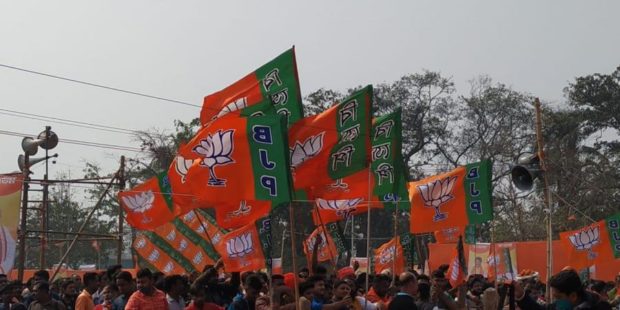The Congress’s humiliating defeat in the Kerala Assembly polls in 1967 and its split at the national level two years later in 1969 led to the emergence of a crop of young party leaders in the state — among them were A K Antony, Vayalar Ravi, Oommen Chandy, P C Chacko, Kadannappalli Ramachandran and V M Sudheeran. And barring Kadannappalli, who is now part of the LDF, the others hold sway in the party even to this day, considering that the Congress in Kerala has seen new generations of leaders emerge in the last five decades but barely any of them occupy top posts.
Considering this, the appointment of V D Satheesan (56) as Leader of the Opposition is a generational change – not in terms of age as he is only eight years younger to his predecessor Ramesh Chennithala – but in terms of breaking the shackles of an established leadership. With this, the Congress high command has also shown willingness to go beyond the established “group” equations in the state.
The rival groups led by former CM Chandy and Chennithala had joined hands to nix Satheesan’s appointment. They wanted Chennithala to continue as LoP and appoint Chandy — or a person of his choice — as the president of the state unit. It would have ensured that power remained in the hands of the two leaders and their respective factions.
Those close to Rahul Gandhi immediately claimed it was he who insisted on a generational change in Kerala. The appointment comes weeks after a drubbing in the recently-held Kerala Assembly polls.
“After the 1967 defeat and the 1969 split…a weakened Congress found its feet when a new generation of leaders came into prominence…they worked as corrective forces within the party…had a huge say in the line that the party took on important issues…and the party was re-energised,” one senior leader said.
A new generation of leaders became office-bearers in the PCC and entered the Assembly and Parliament. “That is how the party got re-energised…as the youth got attracted,” another leader said.
A young MP said the “demand was not just for a generational change but for change in positions that the party took”. “(Chennithala) was certainly not of the Antony-Chandy vintage…but he was always a part of the system…the group system.”
So what are the correctives that they expect? “The Congress is a secular party. The Congress need not bow before community or religious leaders…Congress has to take a stand on issues not thinking about electoral gain or loss…But when it came to issues related to castes, religion, environment…the Congress tried to dilute its position…and it drove the young generation away…look at Pinarayi Vijayan…he took a stern stand against central agencies…he engaged with all religious and caste leaders but never bowed before them,” the MP said.
Asked to comment on the development, Thrissur MP T N Prathapan, who was known as one of the green MLAs, along with Satheesan and V T Balram, for their stand on environmental issues when the Congress was in power during 2011-2016, told The Sunday Express that “the party organisation should also go for a drastic change”, “without any partnership business”.
V T Balram agreed. “Similar change should take place in the KPCC and DCC levels too.”
But a veteran leader said the high command had tried to break group equations with the appointment of Sudheeran as the PCC chief in 2014. “He was non-factional…but he could not end groupism…let’s see how it (Satheesan’s appointment) plays out.”



